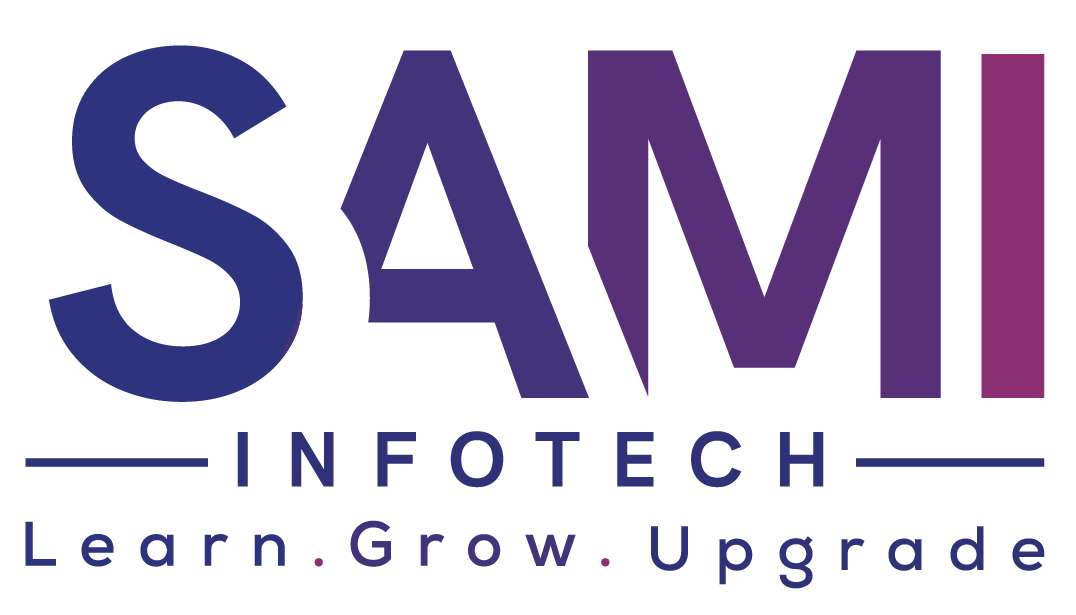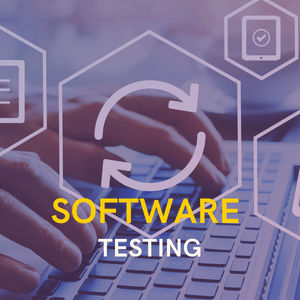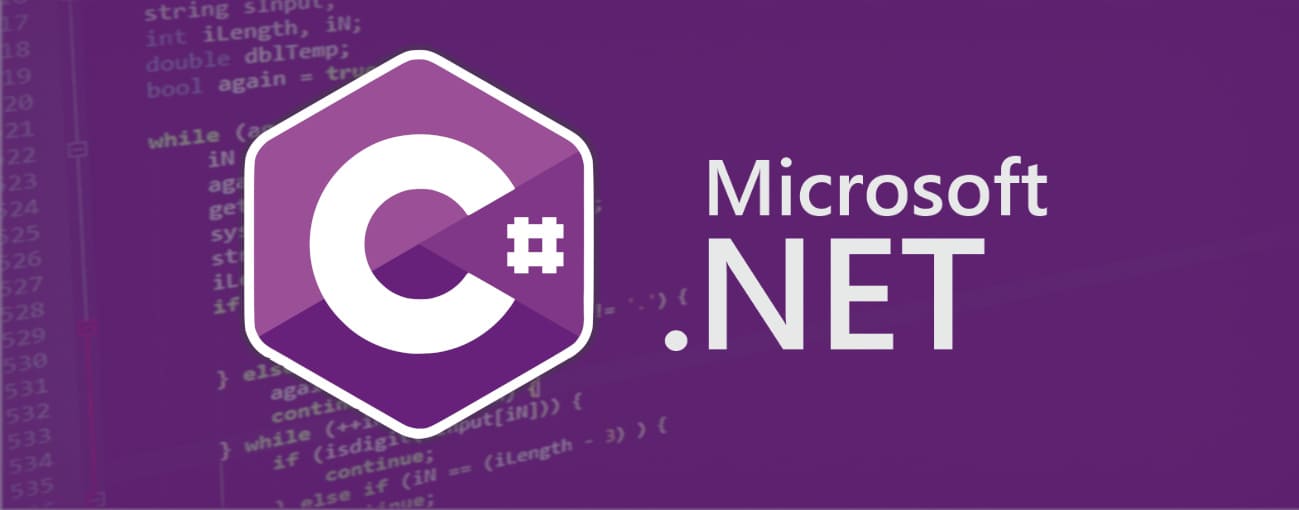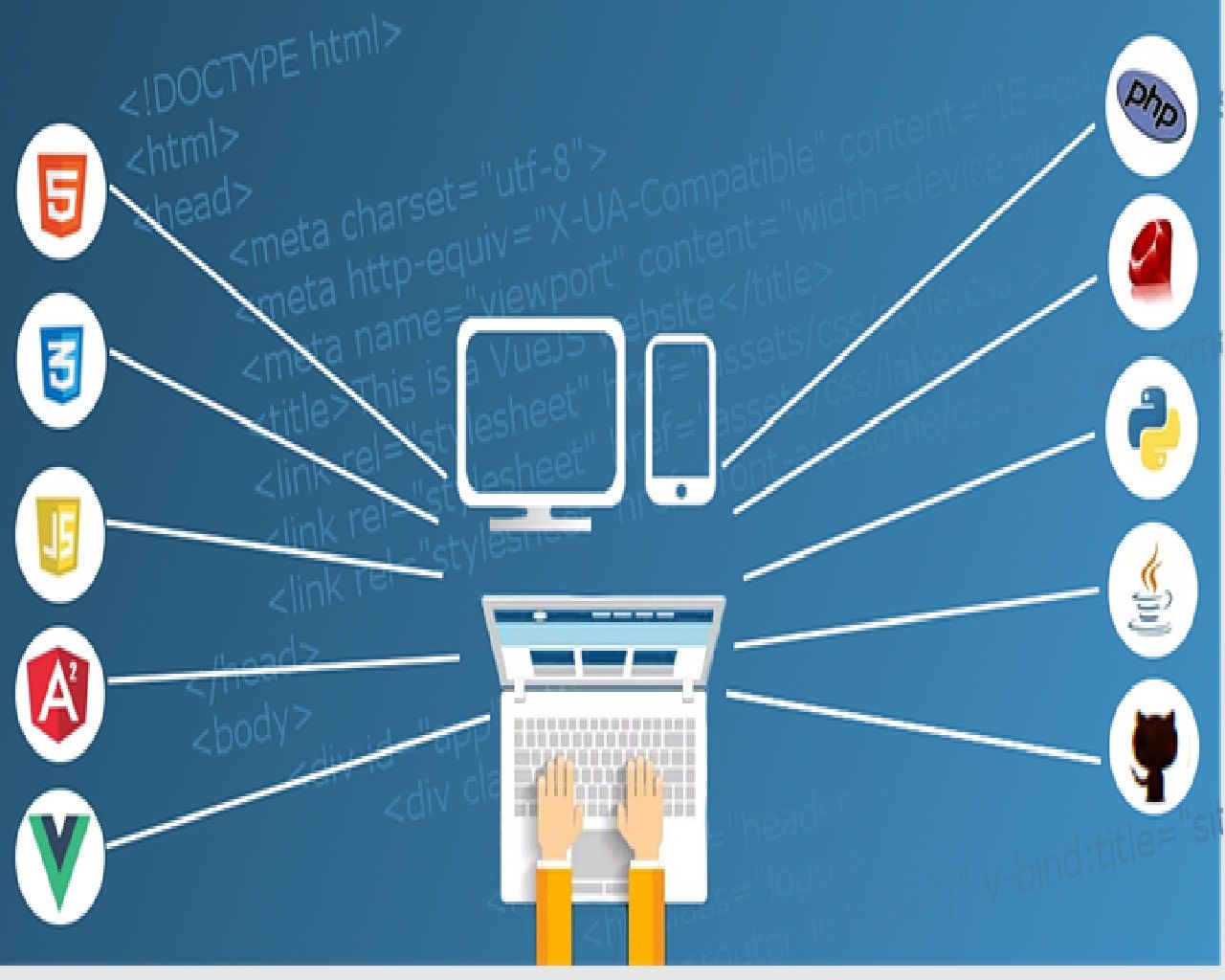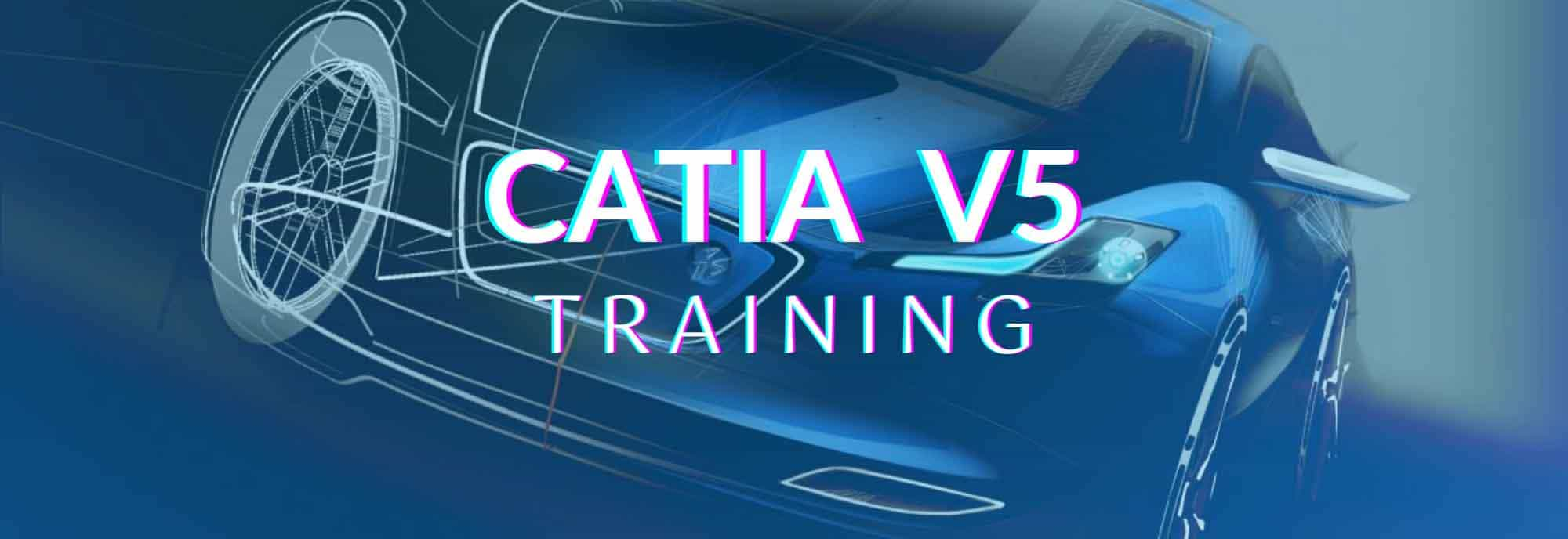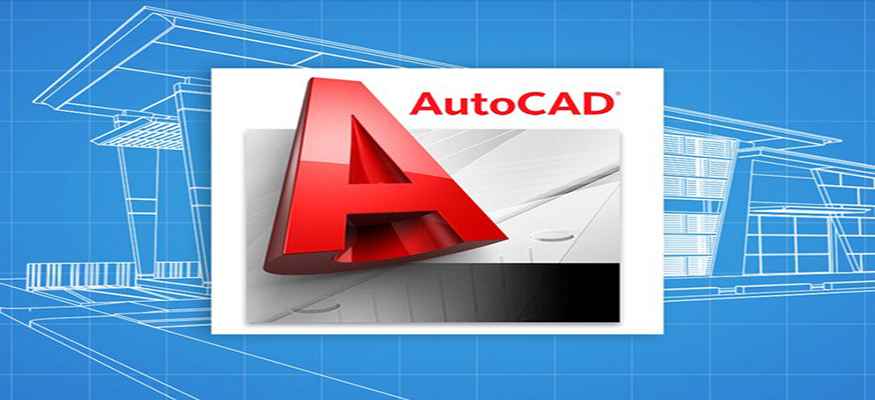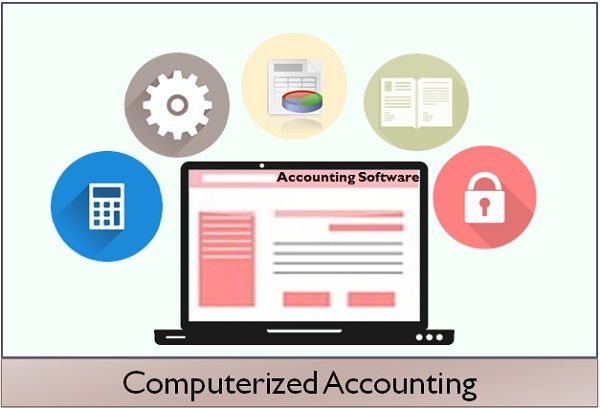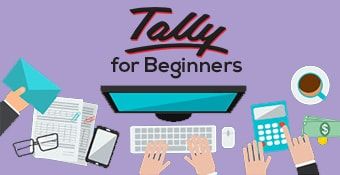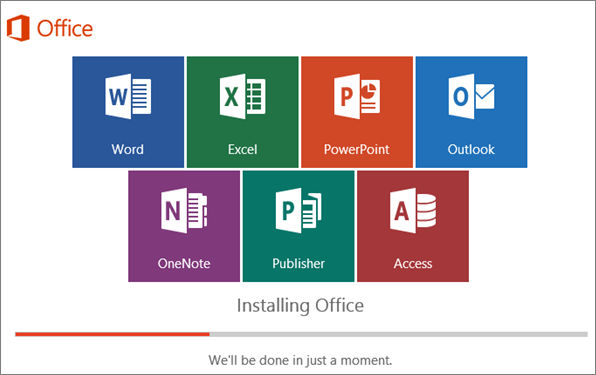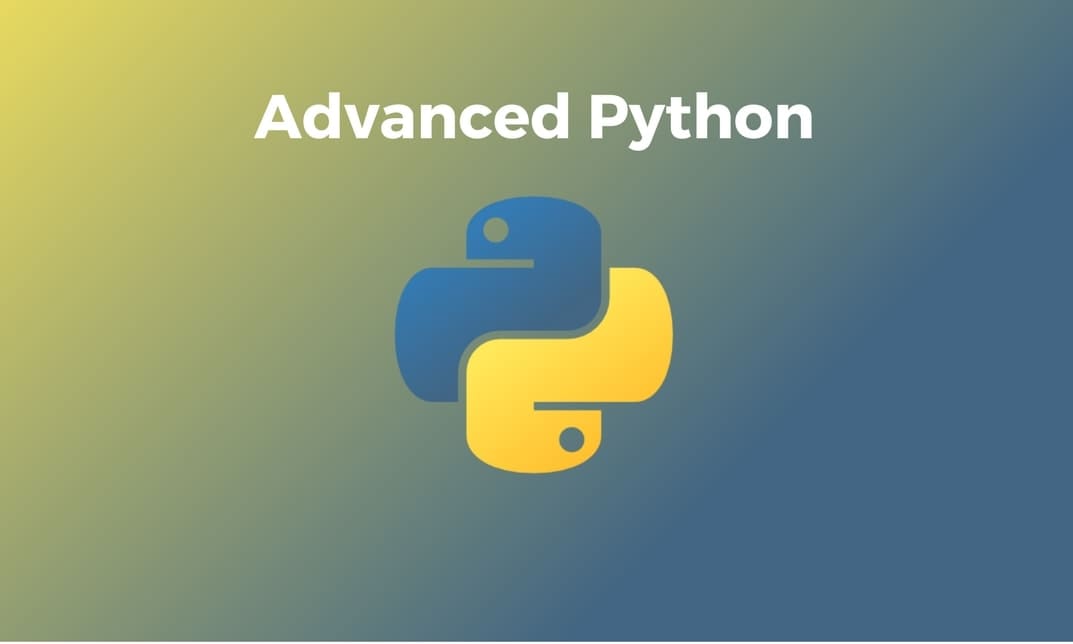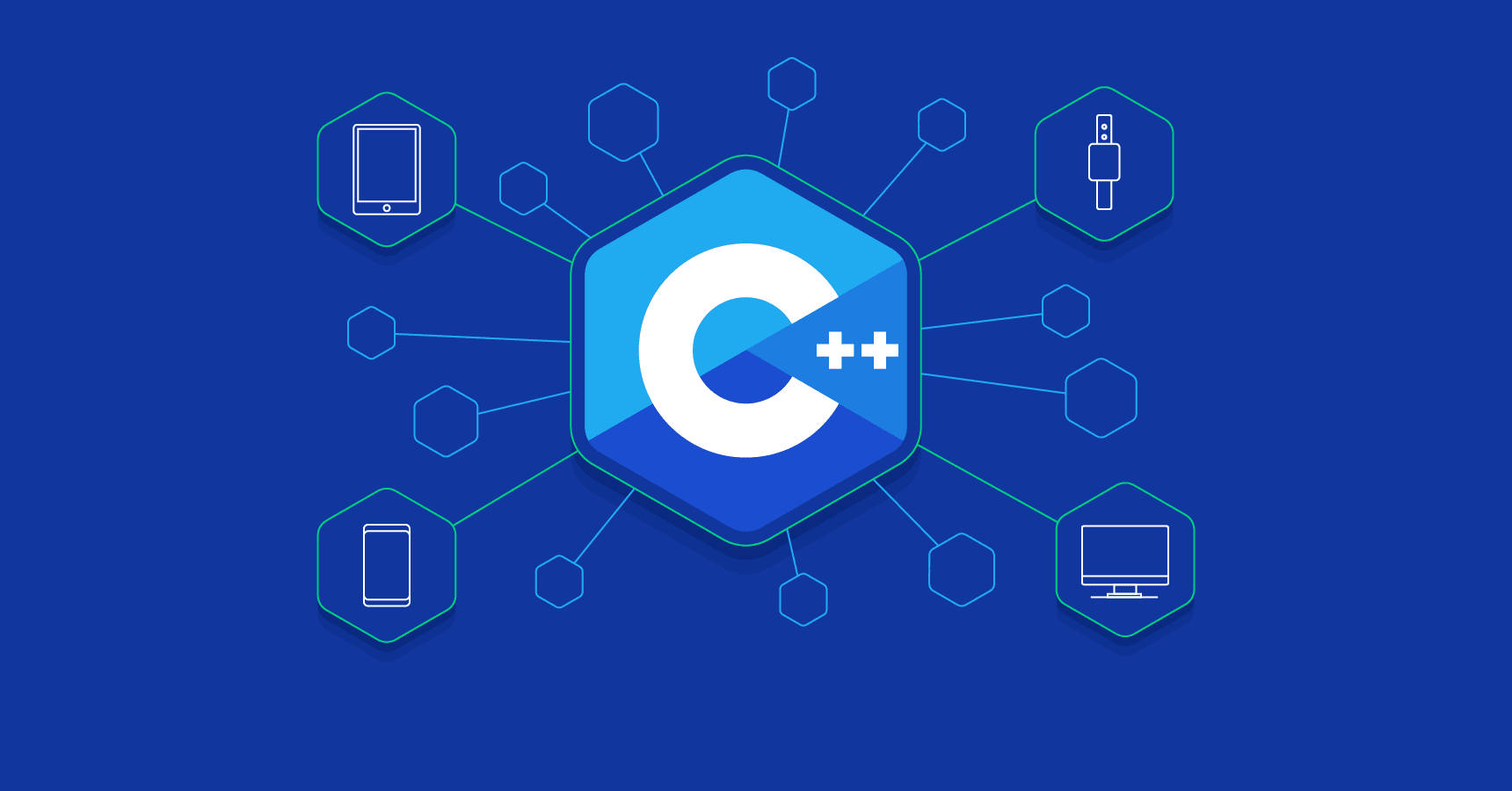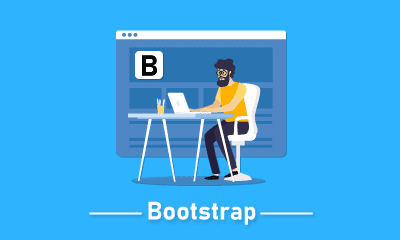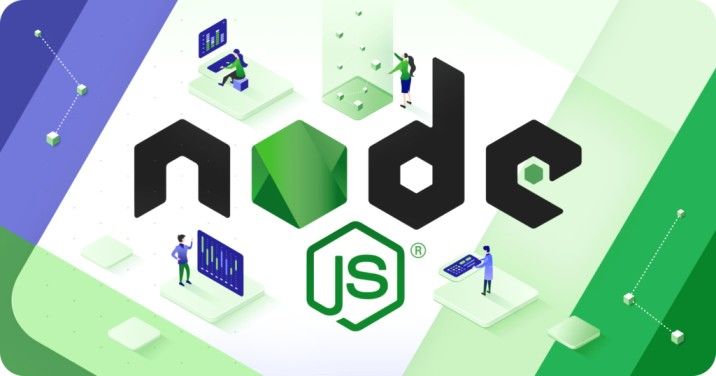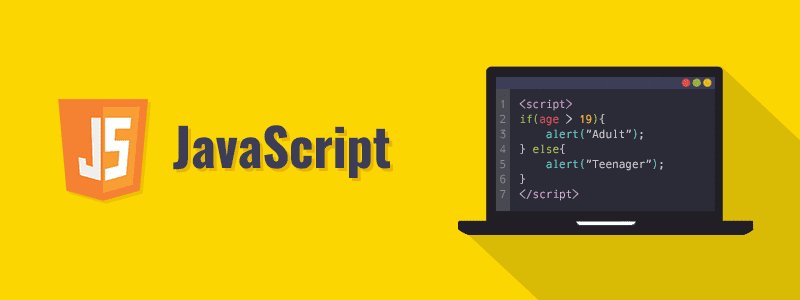Overview of networking concepts including TCP/IP, OSI model, subnetting, and routing protocols.
Introduction to Cisco networking equipment, including routers, switches, and firewalls, and their role in building and managing networks
Understanding the principles of routing and switching, including VLANs, routing protocols (such as OSPF and EIGRP), and switching technologies.
Overview of the CCNA certification process, including exam requirements, study resources, and career opportunities in network administration and engineering.
Start your journey now and join our CCNA course in Navi Mumbai. Let’s create something amazing together!
Job Oriented Modules Covered in CCNA course
Curriculum
Syllabus Of CCNA
Module1 : Network Fundamentals
- Introduction to network components and architectures.
- OSI and TCP/IP models.
- Basics of switching and routing.
Module 2: LAN Switching Technologies
- VLANs (Virtual Local Area Networks)
- STP (Spanning Tree Protocol) and its variations.
- EtherChannel (Link Aggregation)
Module 3: Routing Technologies
- Basic routing concepts and protocols (RIP, OSPF, EIGRP)
Module 4: WAN Technologies
- WAN concepts and technologies (MPLS, Metro Ethernet, etc.)
Module 5: Network Access Control
- Understanding the AAA framework for controlling access to network resources, including authentication of users, authorization of their permissions, and accounting for their actions.
- Exploring NAT's role in translating private IP addresses to public IP addresses, enabling multiple devices within a network to share a single public IP address and access the internet.
Module 6: Infrastructure Services
- Infrastructure services are foundational components of a network that enable communication, connectivity, and resource sharing among devices and users.
Module 7: Infrastructure Security
- AAA (Authentication, Authorization, and Accounting
- Basic wireless security protocols (WPA, WPA2, etc.), Port security
Module 8: Infrastructure Management
- Basic network troubleshooting techniques
- Network monitoring and management tools (SNMP, Syslog, NetFlow, etc.) and Network design and documentation.
Module 9: Security Fundamentals
- Learn foundational concepts such as confidentiality, integrity.
- Availability (CIA), risk management, threat modeling, and defense-in-depth strategies to understand the principles of information security.
